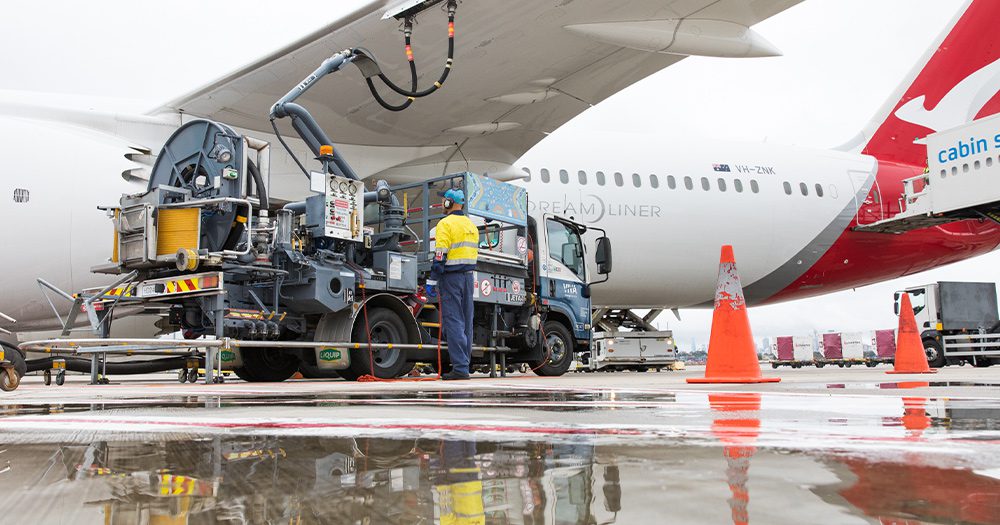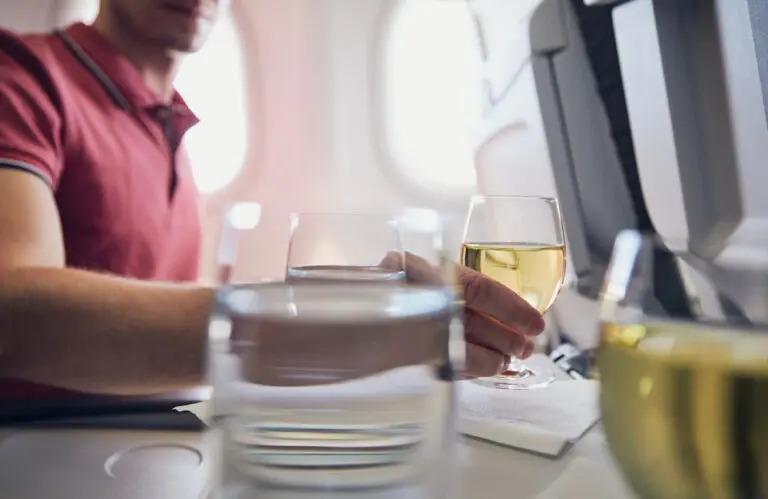The Qantas Group has outlined specific steps it is taking to achieve net-zero emissions by 2050, including an interim target to reduce carbon emissions by 25 per cent by 2030 as part of its Climate Action Plan.
Today, the national carrier released its new Qantas Group Climate Action Plan, which it says makes sustainability a key pillar of decision-making across all areas of the business.
As part of its plan, Qantas announced key targets for fuel efficiency and the uptake of sustainable aviation fuel (SAF), which it says will be critical for reaching net-zero emissions, reducing waste and continuing to grow the Group’s carbon offsetting program.
Targets for reducing its environmental footprint include:
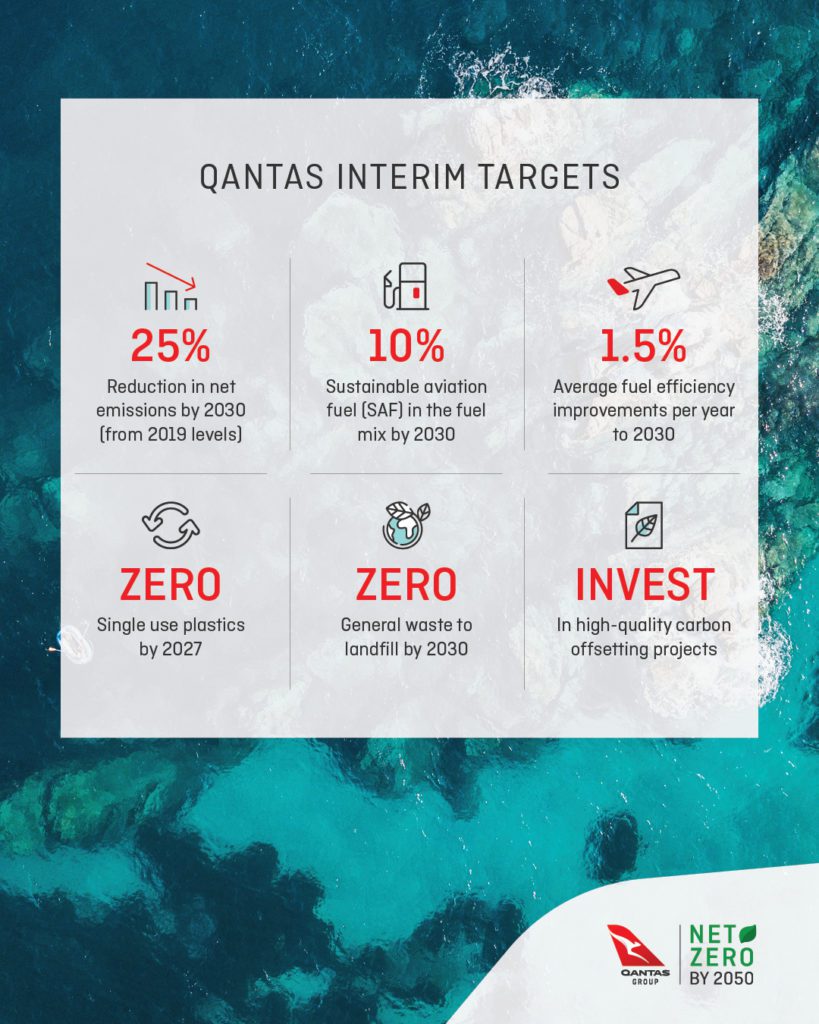
Building a biofuels industry
Sustainable aviation fuel (SAF) is critical to the decarbonisation of the industry. Qantas is today setting a target of 10 per cent SAF in fuel uptake by 2030 and approximately 60 per cent by 2050.
SAF is produced from certified bio feedstock, including used cooking oil, sugar cane, forestry residues, animal tallow and other waste products.
It is blended with regular jet fuel and produces up to 80 per cent fewer emissions on a life cycle basis compared with traditional jet kerosene.
Qantas has already started flying with SAF sourced from overseas, with 15 per cent of the fuel used out of London comprised of SAF since the beginning of 2022.
A second major supply deal has been signed for almost 20 million litres a year of blended SAF out of Californian airports from 2025, with options to increase as production increases. Negotiations on other offshore supply agreements are underway.
Zero single-use plastics before 2027
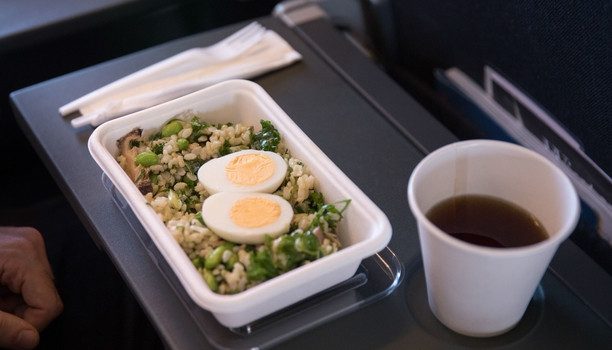
Qantas is today committing to a target of zero single-use plastics before 2027, which means every Qantas or Jetstar flight will use products in compostable or recyclable packaging.
However, the airline did say a small number of health and safety items on board will remain plastic but “are committed” to exploring alternatives.
By 2030, Qantas aims to have all of its Australian-based operations utterly free of ‘general waste’, including flights, lounges and office buildings.
This means any waste generated by Qantas operations is planned to be diverted through recycling or organic waste programs or converted into energy.
Fleet renewal
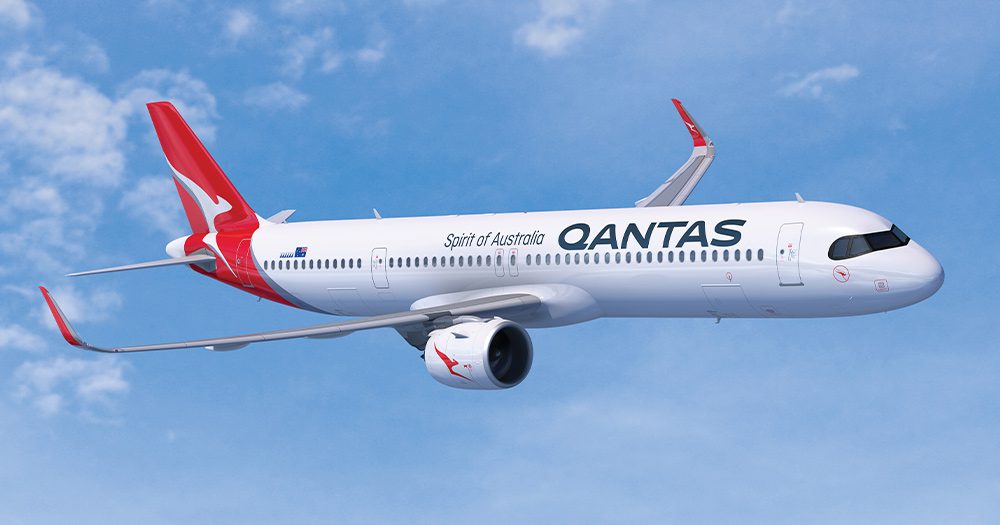
In December, Qantas selected Airbus’s A320neo and A220 families as the preferred aircraft for Qantas’s long-term fleet renewal program, which should deliver up to 20 per cent fuel savings compared to Boeing 717s and 737s it currently operates.
A firm order is expected to be finalised by mid-2022. Jetstar will take delivery of the first of 18 A321LRs in July 2022.
The fleet renewal program has already seen Qantas’s 747s fleet retired early and replaced by the Boeing 787s, which use 20 per cent less fuel than aircraft of similar size.
Carbon offsetting
The Qantas Fly Carbon Neutral carbon offset program has one of the highest participation rates of any airline in the world.
Offsetting is an important tool toward reaching net-zero targets, especially in the short to medium term until new low emission technology becomes available.
Qantas is committed to growing its offsetting program and investing in Indigenous and Australian projects wherever possible.
Qantas recently launched its Green Tier, which has seen more than 90,000 frequent flyers take steps toward reducing their environmental footprint.
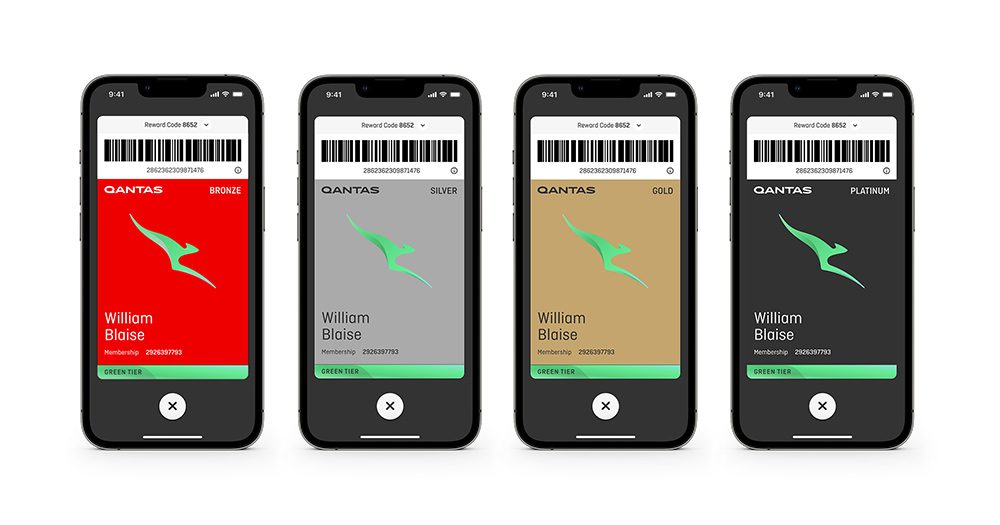
“Aviation is a crucial industry, especially in a country the size of Australia. Having a clear plan to decarbonise Qantas and Jetstar so we can keep delivering these services in the decades ahead is absolutely key to our future,” Qantas Group CEO Alan Joyce said.
“We’ve had a zero net emissions goal for several years, so today’s interim targets are about accelerating our progress and cutting emissions as quickly as technology allows.
“One benefit of setting these targets now is sending a clear signal that we’re in the market for large volumes of sustainable aviation fuel, for carbon offset projects and for products that can be recycled. That will hopefully encourage more investment and build more momentum for the industry as a whole.
“Responding to climate change is a big challenge, but we will get there. Partnerships with industry and all levels of government are going to be key to create the supply chains we need, and customers will have a role to play as well in supporting more sustainable options,” added Mr Joyce.
Head to Qantas Climate Action Plan to find out more.

